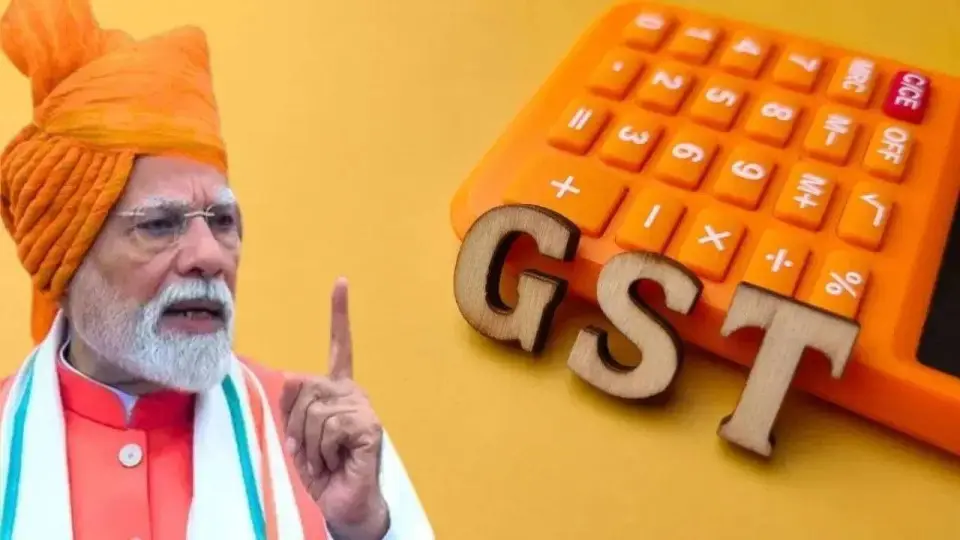
MODI
Business News: Finance Minister Nirmala Sitharaman has recently announced major reforms in the GST system in a press conference. This change is part of the announcement made by Prime Minister Narendra Modi from the ramparts of the Red Fort. Now there will be only 2 tax slabs on almost all everyday items across the country, which will make the tax system even simpler and transparent.
According to this new change, everyday items like soap, shampoo, toothpaste, tea, sugar, spices and cheap clothes will come under the 5% tax slab. This will provide relief to the common consumer in the prices of these items. At the same time, consumer durables like refrigerators, TVs, washing machines and cars up to 1200 cc will now be kept in the 18% tax slab, whereas earlier they were in the 28% slab. This means that the prices of these expensive household appliances and vehicles will also come down.
The government has decided to remove GST on roti, paratha, dairy products and private insurance, so that there will be no tax on these essential items. At the same time, 40% tax will now be levied on sin goods like tobacco, gutkha, cigarettes and alcohol, which will help in controlling the consumption of these items as well as increasing government revenue.
This change can cause the government to lose revenue of about ₹1.1 lakh crore to ₹1.8 lakh crore every year. The Center has recently received a dividend of ₹2.69 lakh crore from RBI, which can provide some relief. But the situation is difficult for the states because after the implementation of GST, the states were guaranteed 14% annual revenue growth for five years, which has now ended. Therefore, many states are demanding new financial security after this change. At the same time, the government will continue the compensation cess till March 2026 only to reimburse old loans.
It has been eight years since the implementation of the Goods and Services Tax (GST). After a long preparation of about 17 years, GST was implemented in the country on 1 July 2017. Earlier, there were about 17 different local taxes and 13 cess applicable in the country, which were combined to form a single tax system. With the advent of GST, the tax system has not only become simpler but its impact has been positive on both the common man and business.
There has been a tremendous increase in tax collection after the implementation of GST. The country's total GST collection in the financial year 2020-21 was Rs 11.37 lakh crore, which has increased to Rs 22.08 lakh crore in the financial year 2024-25. That is, GST collection has almost doubled in just five years.
If we look at the contribution of GST in the budget, it is about 44%. Out of the total budget of Rs 50.65 lakh crore for the financial year 2025-26, almost half comes from GST. This shows that GST has become the backbone of the government treasury. As of April 2025, there are more than 1.51 crore active GST registrations in the country. This number is increasing continuously, which shows that the hold of GST is getting stronger among traders and industries. Along with this, tax collection is also increasing continuously.
Before the advent of GST, excise duty, service tax, VAT, entry tax, and luxury tax were levied separately, which caused many problems to consumers. With the advent of GST, this system became more transparent and simple. However, products like petroleum and alcohol are still outside the scope of GST.
Now that the GST Council has approved the new reform, there will be a big relief in household expenses. Everyday products like soap, shampoo, toothpaste will come down from 18% to 5% tax slab. Items like tea, spices, sugar, cheap clothes will also remain at 5% tax. Due to reduction in tax on expensive household appliances like washing machines, refrigerators, air conditioners etc., their prices will also come down. However, its full benefit will be available only when companies will pass on the benefit of tax reduction directly to the customers.
GST initially had several technical glitches and complications in return filing. But now the system has improved. Tax compliance has become easier through e-invoicing and data analytics. Still, small businesses and exporters may face a cash crunch during the transition. Also, the demand to include petroleum in GST is still unfulfilled.
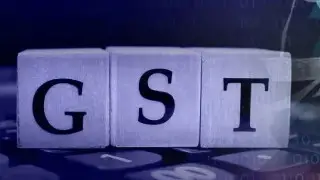
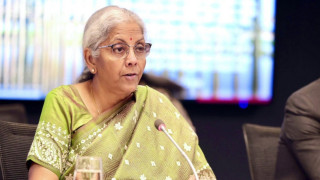
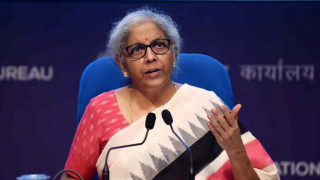

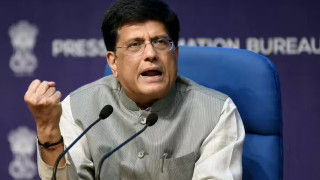








Copyright © 2025 Top Indian News
